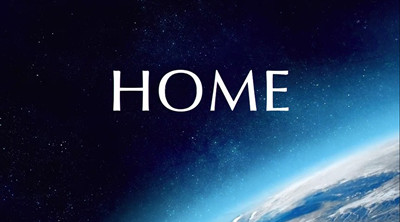The first towns grew up less than 600 years ago.
最初的城鎮出現在6000多年前。
It was a considerable leap in human history.
這是人類歷史的一大步。
Why towns? Because they allowed humans to defend themselves more easily.
為什么呢?因為這能使人類更容易的保護自己。
They became social beings,meeting and sharing knowledge and crafts,blending their similarities and differences.
他們變成了社會人。在一起分享他們的知識和手藝,融合他們的共性和不同。
In a word, they became civilized.
簡而言之他們文明化了。
But the only energy at their disposal was provided by nature...and the strength of their bodies.
但他們可用的能量只是雙臂和大自然賦予的東西。
It was the story of humankind for thousands of years.
這是人類數千年來的故事。
It still is for one person in four-over one and a half billion human beings-more than the combined population of all the wealthy nations.
也是現今四分之一人類。即十五億人的故事比富裕國家人口的總和還多。
Taking from the Earth only the strictly necessary.
他們只從地球獲取必須的用品。
For a long time, the relationship between humans and the planet...was evenly balanced.
很長一段時間 人類和地球的關系,平衡對等。

For a long time, the economy seemed like a natural and equitable alliance.
很長一段時間,經濟看起來是自然公正的聯盟。
But life expectancy is short, and hard labor takes its toll.
但人類壽命短暫 艱苦勞動大行其道。
The uncertainties of nature weigh on daily life.
大自然的不可預知加重日常負擔。
Education is a rare privilege.
教育是罕有特權。
Children are a family's only asset,as long as every extra pair of hands...
子女是家庭唯一資產,每雙手。
is a necessary contribution to its subsistence.
對家庭的生存都要作出貢獻。
The Earth feeds people, clothes them...and provides for their daily needs.
地球為我們提供食物和衣物以及日常所需。
Everything comes from the Earth.
一切來自地球。











